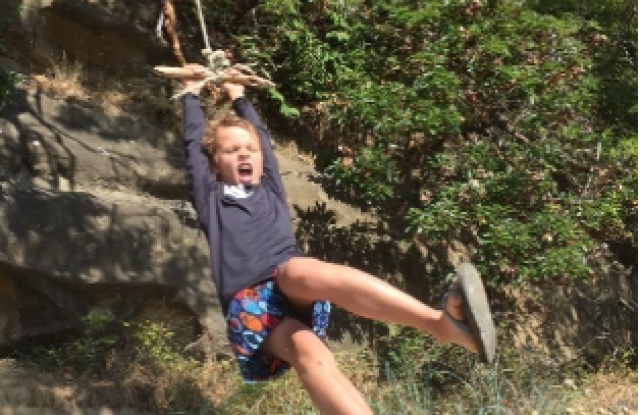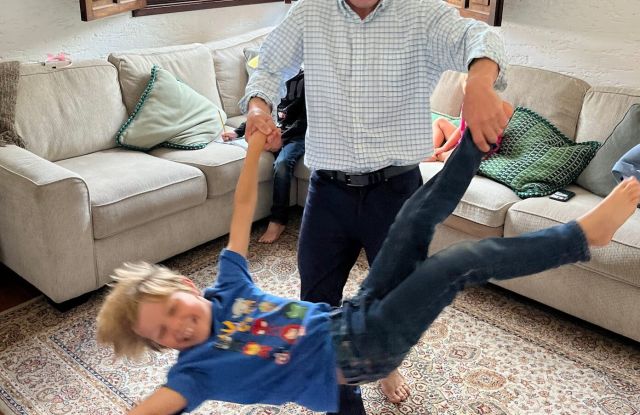Overprotecting Kids Offline & Underprotecting Them Online


Source: Shutterstock
Parents wanting to raise their kids to thrive outside the home need to pay attention what experts are increasingly saying: We overprotect our kids offline and underprotect them online.
Harvard professor, Alison Brooks explains what this looks like. We overprotect them, “for example, by not letting them walk down the street to their friend’s house. But we “underprotect them online–for example, by letting them watch YouTube and play video games with little oversight.”
She goes on to say,
“These seemingly small choices are having a negative impact on kids’ mental and physical health, leading to troublingly high rates of anxiety, depression, digital addiction, and suicidality.
To understand the psychological experiences of our kids (and the new social world in which we find ourselves), it helps to zoom in on their conversations—the ones they are having, and the ones they aren’t. Not every digital experience is bad—in many ways, our phones and smartwatches can facilitate creativity, inspiration, and make our lives easier. But these obvious benefits bring with them serious hidden costs.
The bottom line is that every in-person conversation that is replaced or disrupted by a device is a missed opportunity for kids to feel more connected, loved, and alive in the short term; to foster meaningful relationships over time; and to become even passable communicators by the time they reach adulthood.”
I lived for three years in Italy. One of the things I love about Italy is the family meal. Families and the friends they may invite sit down to eat for ours at a time. The courses arrive one at a time: antipasta (before the pasta), pasta, first plate, second plate. And conversations stretch out for hours. Kids listen and occasionally join in.
As cited today on Jonathan Haidt’s substack After Babbel, Brooks notes:
One reason that replacing and disrupting conversations with devices is so damaging for kids is that doing so dramatically reduces the opportunities for face-to-face experimentation, feedback, and learning—crucial experiences kids need to figure out how to unlock the rewards of conversation. And figuring out how to unlock the rewards of conversation may be the most important project of childhood development overall. Like tackling any major project, kids require tons of practice to learn to converse—by talking with a wide variety of conversation partners, by observing loads of other people talking, and by reflecting and receiving feedback (direct and indirect) about how it’s all going.
What a profound point. One reason young people are so anxious is that they’ve not been given a key ingredient of the developmental process. We humans are social beings. We are made for face-to-face conversation. We are wired for sound as it were. Life online robs us of this. It’s no wonder EQ scores have been dropping precipitously in young people. It’s no wonder trust levels are dropping.
I get to see thousands of young people come through the nonprofit I lead (Adventures.org). We take them on journeys exposing them to other cultures and giving them the opportunity to serve. They go in small teams and learn to do the hard work of giving and receiving feedback.
As they lean into communicating their pain points and relational friction, they grow. They return home having experienced purpose and community. It’s what we as humans are made for.
The good news is, that kind of full and joy-filled life is attainable. As parents we just need to begin by trusting our kids more outside the home while organizing life inside the home to look more like life around an Italian family dinner table.
More Posts
![]()



Leave a Reply